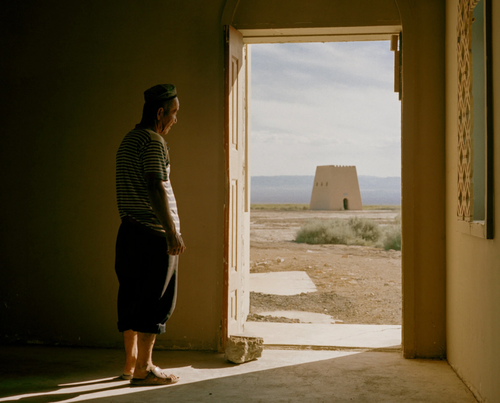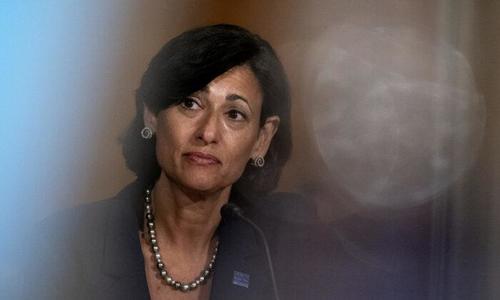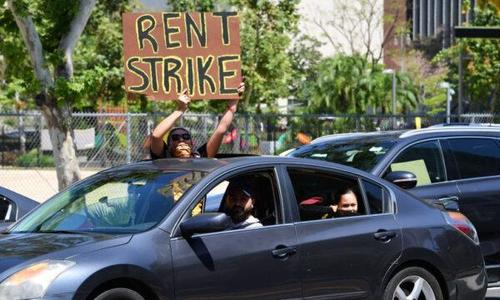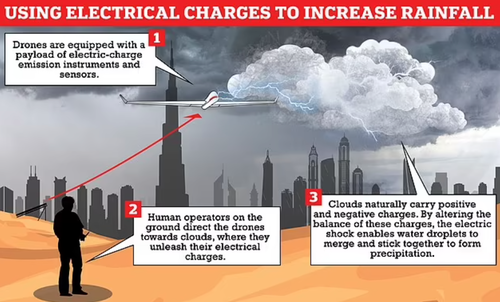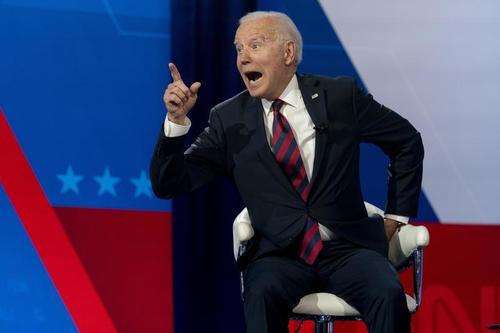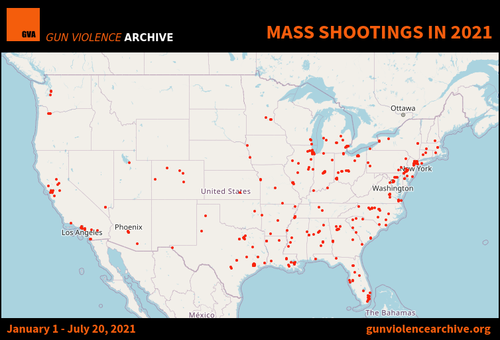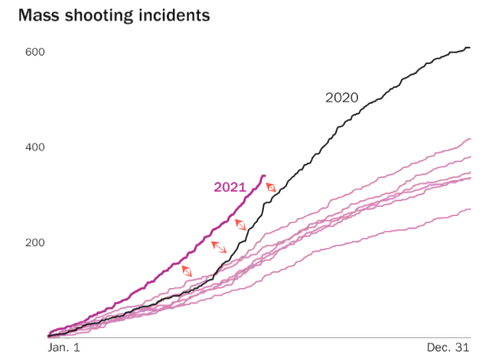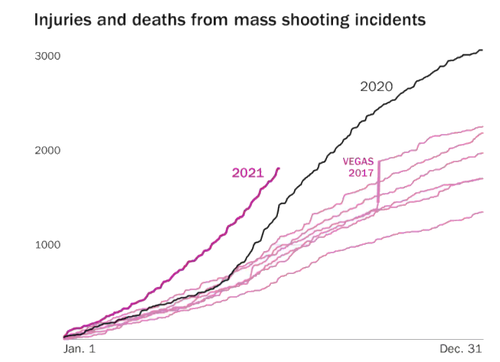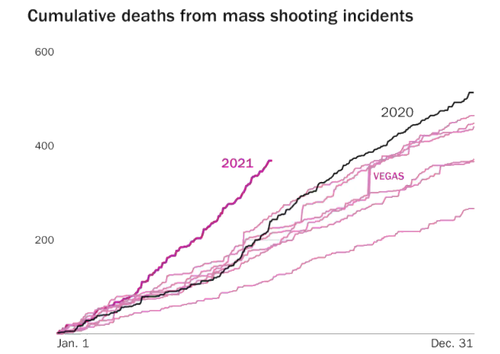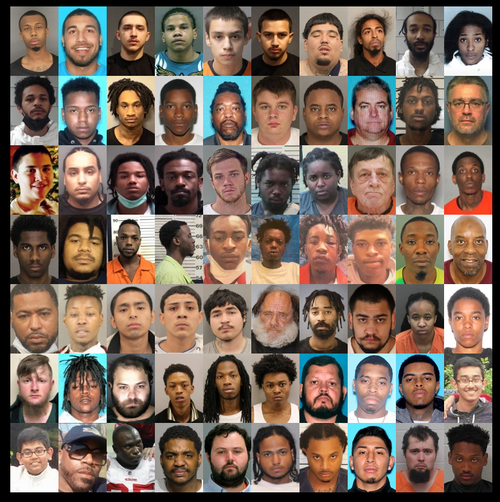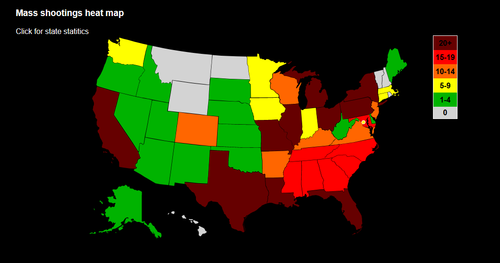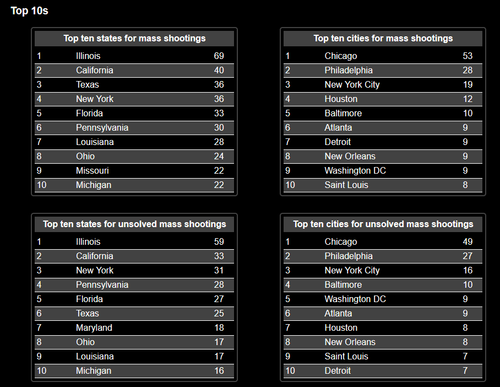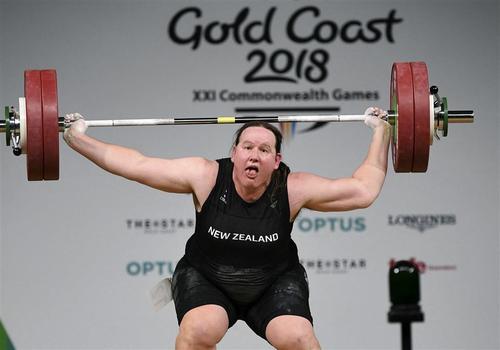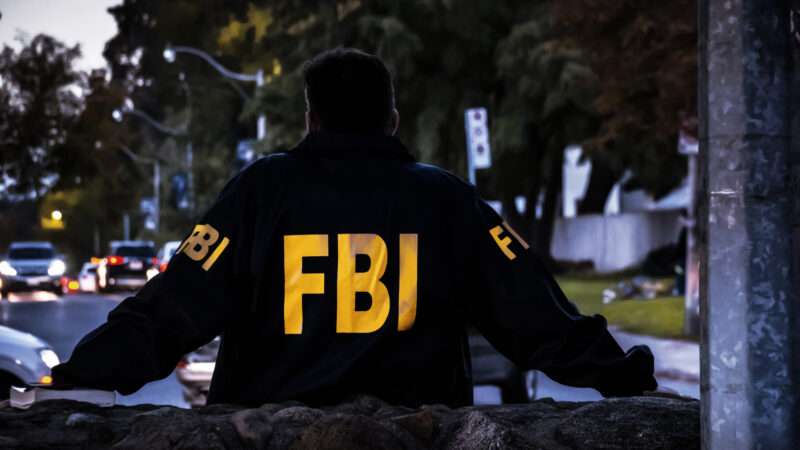Kodak Deletes Instagram Post After Photographer Called Xinjiang “Orwellian Dystopia”
Eastman Kodak deleted an Instagram post featuring photos from the Xinjiang region of China, where western governments and media have criticized Beijing for human rights violations against the majority-Muslim Uyghur people.
According to The New York Times, the now-deleted Instagram post featured the work of the French photographer Patrick Wack who released numerous images on Kodak film about Xinjiang’s “abrupt descent into an Orwellian dystopia” in the last half-decade.
The international community, especially western countries, has accused China of human rights violations against the Uyghur people by forcing them into re-education camps, forced labor, surveilling them, and even controlling birth rates.
At issue was a subtitle written by Patrick Wack, the photographer behind the controversial images, which called the region an “Orwellian nightmare.”
After receiving backlash from Chinese netizens, the post was deleted by Kodak, which was followed by a new post on Tuesday that offered an apology:
“Content from the photographer Patrick Wack was recently posted on this Instagram page. The content of the post was provided by the photographer and was not authored by Kodak. Kodak’s Instagram page is intended to enable creativity by providing a platform for promoting the medium of film. It is not intended to be a platform for political commentary. The views expressed by Mr. Wack do not represent those of Kodak and are not endorsed by Kodak. We apologize for any misunderstanding or offense the post may have caused.”
Hong Kong Free Press also said Kodak apologized on its WeChat page, blaming the mishap on “management loopholes.”
“For a long time, Kodak has maintained a good relationship with the Chinese government and has been in close cooperation with various government departments. We will continue to respect the Chinese government and the Chinese law.”
Western firms are increasingly choosing between customers in the West and or its thriving customer base in China. The West has pressured companies like Nike to purge its cotton supply chains from Xinjiang. Swedish company H&M experienced a decline in Chinese sales after it spoke out against cotton from the region.
A little more than a week ago, the US Government issued a supply chain advisory for US firms with supply chains that extend into the Xinjiang region.
Kodak is not the first international company to apologize.
At the moment, Chinese officials have yet to respond to Kodak, but Chinese state-owned Global Times said:
“It’s not uncommon for the West to hype about the Xinjiang issue under the instigation of anti-China forces headed by the United States.”
Wack was frustrated with Kodak’s statement but didn’t believe any other company operating in China would’ve acted differently.
“We have created a globalized world where no company with international ambition can reasonably give up on the China market,” he said to CNET. “Would any other major photo company, or multinational company, behave differently and give up on the China market?”
Yet another international company is bowing down to the communist because they don’t want to lose their massive Chinese market share.
Tyler Durden
Fri, 07/23/2021 – 20:00
via ZeroHedge News https://ift.tt/3BCtEm4 Tyler Durden
